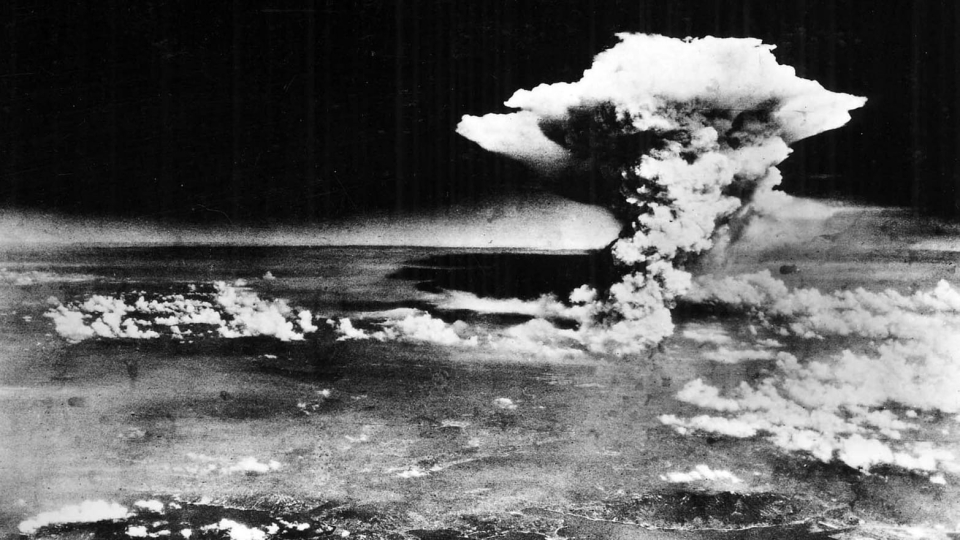In its recent publication of the Strategy for Countering Weapons of Mass Destruction, the US Department of Defense has designated Iran and North Korea as "persistent threats," citing ongoing concerns about their pursuit and development of WMD.
The Pentagon's report acknowledged that while Iran is currently not assessed to be pursuing a nuclear weapons program, it possesses the capability to produce enough fissile material for a nuclear device in less than two weeks. This assessment raises questions about the transparency of Iran's nuclear intentions.
Simultaneously, the report categorized Russia as an "acute threat" and identified China as a "pacing challenge," emphasizing the comprehensive challenge that China poses to the United States.
Concerns were expressed regarding Russia's lack of transparency, particularly concerning its former Soviet program and its secrecy surrounding potentially dual-use biological research.
The report on North Korea highlighted capability developments that provide the Democratic People's Republic of Korea (DPRK) with options for nuclear weapons use at any stage of conflict.
Amid these characterizations, it's noteworthy that the document did not acknowledge the historical context of the United States as the only country to have used Weapons of Mass Destruction (WMD) in killing civilians during World War II. The atomic bombings of Hiroshima and Nagasaki have remained contentious, with critics arguing that these acts should be considered in discussions about WMD concerns.
As tensions persist between the US and countries such as Iran and North Korea, the lack of acknowledgment of historical events raises questions about the broader context within which these assessments are made.

















